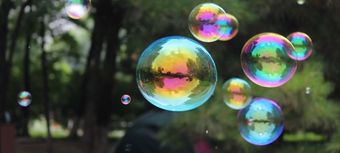Learning

Thinking differently
We all have a natural preference for what is familiar to us. Yet, to adapt, companies and their staff must constantly reinvent themselves, which requires that they get out of their usual thinking patterns. How can you nurture this healthy habit?

Feedback, an uncomfortable but invaluable exercise
Feedback is often an uncomfortable exercise both for those who give it and those who receive it. Yet, it almost always brings useful insights. How can we derive greater benefit from the feedback we receive?

Developing your open-mindedness
There is nothing natural about questioning our own choices. And yet, in a world in which the rules change quickly, it is more necessary than ever. How can we give ourselves the means to quickly reconsider our judgments?






